As a proud ukulele owner, you understand the importance of keeping your instrument in top condition to ensure optimal performance and longevity. Just like any other musical instrument, proper maintenance is key to preserving the sound, playability, and appearance of your ukulele. Whether you're a beginner or a seasoned player, implementing a regular maintenance routine can help you avoid costly repairs and keep your ukulele sounding its best for years to come. In this guide, we'll cover essential tips and techniques for ukulele maintenance, from cleaning and storage to string care and humidity control.
1. Cleaning Your Ukulele
Regular cleaning is essential to remove dirt, oils, and grime that can accumulate on your ukulele's body, neck, and strings over time. Use a soft, lint-free cloth to wipe down the surfaces of your ukulele after each playing session, paying special attention to areas where oils from your hands may accumulate. Avoid using harsh chemicals or abrasive cleaners, as these can damage the finish of your ukulele. For stubborn dirt or fingerprints, use a damp cloth with a mild soap solution, then dry thoroughly with a clean cloth.
2. String Care
The strings are the heart of your ukulele's sound, so it's important to keep them clean and well-maintained. Wipe down your strings with a dry cloth after each use to remove sweat, oils, and debris that can cause them to deteriorate prematurely. Consider using a string cleaner and lubricant to prolong the life of your strings and keep them sounding bright and responsive. If your strings become worn or corroded, replace them promptly to maintain optimal tone and playability.
3. Humidity Control
Humidity can have a significant impact on the stability and playability of your ukulele, so it's important to store it in a controlled environment to prevent damage. Ideally, keep your ukulele in a case or gig bag when not in use to protect it from fluctuations in humidity and temperature. Invest in a humidifier or hygrometer to monitor and regulate the humidity levels in your ukulele's storage area, aiming for a relative humidity of around 45-55% to prevent warping, cracking, and other issues caused by dryness or excess moisture.
4. Neck and Fretboard Maintenance
The neck and fretboard are critical components of your ukulele's playability, so it's essential to keep them clean and well-maintained. Wipe down the neck and fretboard with a soft cloth to remove dirt and oils, paying special attention to the frets and fretboard edges where debris can accumulate. Use a small amount of fretboard conditioner or lemon oil to hydrate and protect the wood, but be careful not to over-apply, as this can cause buildup and affect the playability of your ukulele.
5. Tuning and Setup
Regular tuning is essential to keep your ukulele sounding its best, so make it a habit to tune your instrument before each playing session. Invest in a quality tuner or use a tuning app on your smartphone to ensure accurate tuning and intonation. If you notice any issues with your ukulele's setup, such as high action or buzzing frets, consider taking it to a qualified luthier or technician for a professional setup and adjustment to optimize playability and performance.
Conclusion
By following these simple tips and techniques for ukulele maintenance, you can keep your instrument in top condition and enjoy years of playing pleasure. Remember to clean your ukulele regularly, care for your strings, monitor humidity levels, maintain the neck and fretboard, and keep your instrument properly tuned and set up for optimal performance. With a little time and effort, you can ensure that your ukulele stays in peak condition and continues to bring joy and inspiration to your musical journey.
Implementing these ukulele maintenance tips will help ensure that your instrument remains in top condition, ready to deliver beautiful music for years to come. Happy playing!

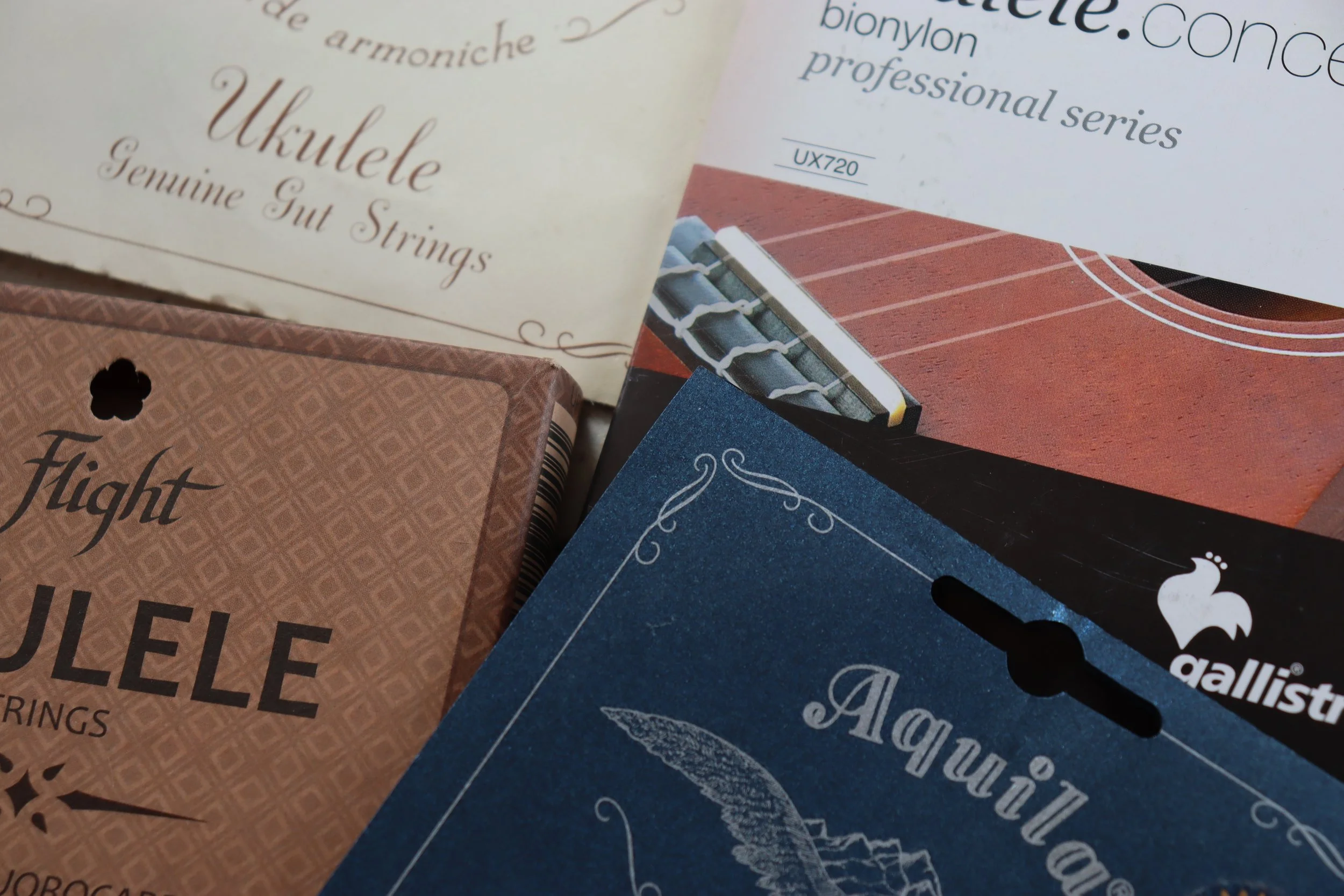
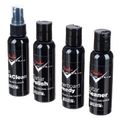
 Fender CS Deluxe Guitar Care Kit
Fender CS Deluxe Guitar Care Kit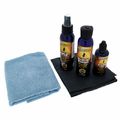
 MusicNomad Premium Guitar Care Kit
MusicNomad Premium Guitar Care Kit
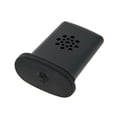
 Daddario UHP Ukulele Humidifier Pro
Daddario UHP Ukulele Humidifier Pro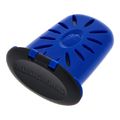
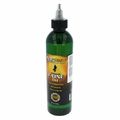

 Thomann CTU-10 Ukulele Clip Tuner
Thomann CTU-10 Ukulele Clip Tuner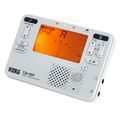
 Korg TM-70T White
Korg TM-70T White